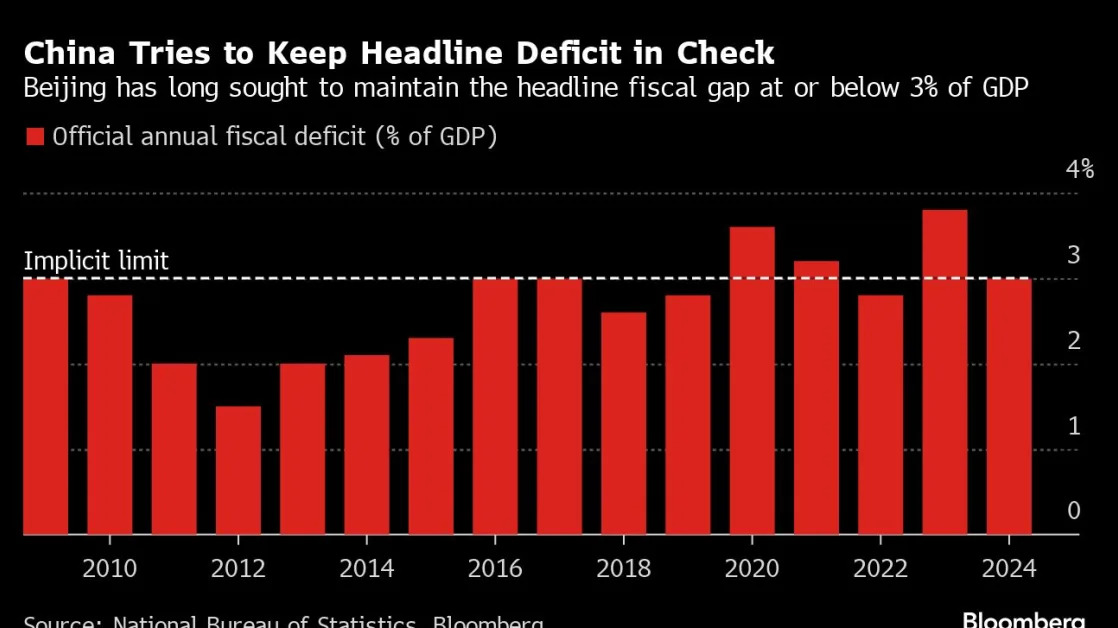By Arunima Kumar
(Reuters) - Oil prices slipped on Tuesday from the previous day's four-month highs but the market remained supported by continuing focus on the impact of new U.S. sanctions on Russian oil exports to key buyers India and China.
Brent futures were down 58 cents, or 0.72%, to $80.43 a barrel by 1421 GMT, while U.S. West Texas Intermediate (WTI) crude fell 62 cents, or 0.79% to $78.20 a barrel.
Prices jumped 2% on Monday after the U.S. Treasury Department on Friday imposed sanctions on Gazprom Neft and Surgutneftegas as well as 183 vessels that transport oil as part of Russia's so-called shadow fleet of tankers.
"With several nations seeking alternative fuel supplies in order to adapt to the sanctions, there may be more advances in store, even if prices correct a bit lower should tomorrow's U.S. CPI data come in somewhat hotter-than-expected", said Charalampos Pissouros, senior investment analyst at brokerage XM.
While analysts were still expecting a significant price impact on Russian oil supplies from the fresh sanctions, their effect on the physical market could be less pronounced than what the affected volumes might suggest.
ING analysts estimated the new sanctions had the potential to erase the entire 700,000 barrel-per-day surplus they had forecast for this year, but said the real impact could be lower.
"The actual reduction in flows will likely be less, as Russia and buyers find ways around these sanctions," they said in a note.
Nevertheless, analysts expect less of a supply overhang in the market as a result.
"We anticipate that the latest round of sanctions are more likely to move the market closer to balance this year, with less pressure on demand growth to achieve this," said Panmure Liberum analyst Ashley Kelty.
Uncertainty about demand from major buyer China could blunt the impact of the tighter supply. China's crude oil imports fell in 2024 for the first time in two decades outside of the COVID-19 pandemic, official data showed on Monday.





